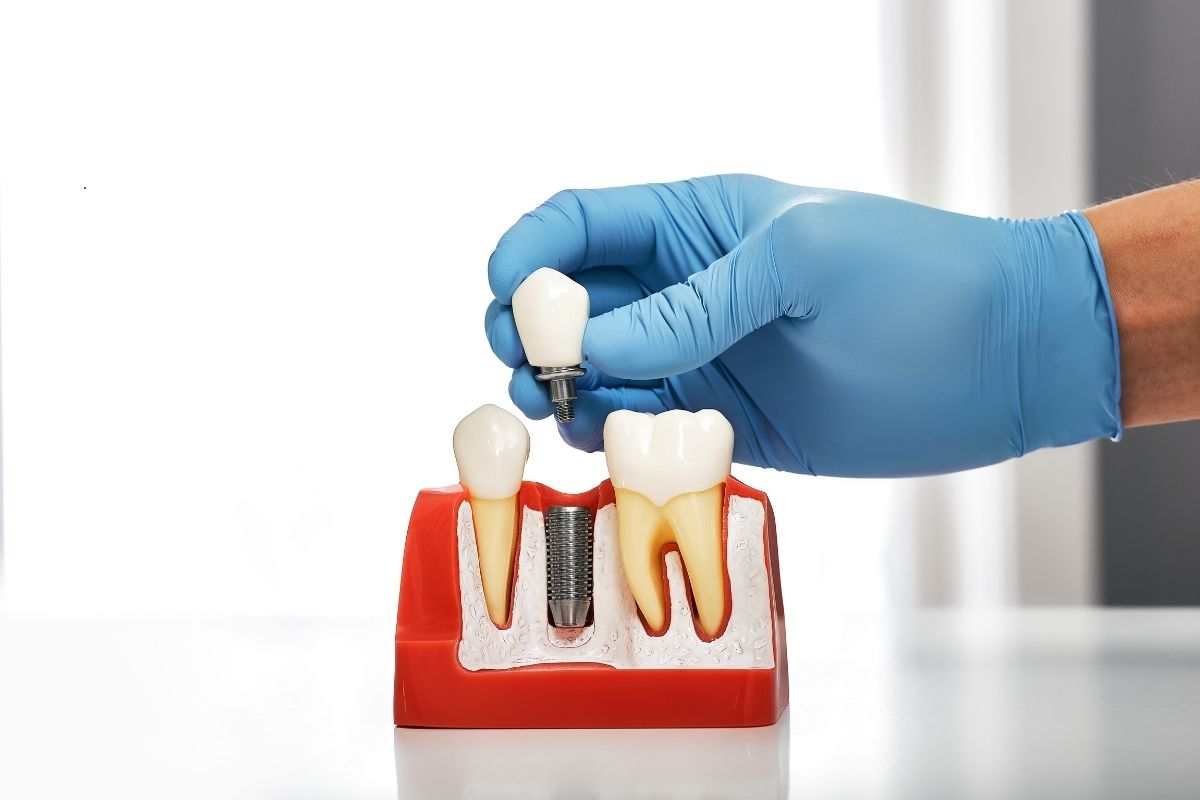
When it comes to achieving a beautiful smile, many patients in El Paso are exploring their options, particularly Invisalign and dental implants. Both treatments serve distinct purposes; Invisalign is designed for orthodontic correction, while dental implants are used to replace missing teeth. If you're considering both, you might wonder: Is it possible to get dental implants during Invisalign treatment? Let’s explore this question and what it means for your dental care journey.
Understanding Invisalign and Dental Implants
Invisalign is a clear aligner system that gradually shifts teeth into the desired position, making it a popular choice for those seeking a discreet orthodontic solution. The aligners are custom-made and should be worn for 20 to 22 hours a day, changing to a new set every one to two weeks.
Dental implants, on the other hand, are a permanent solution for missing teeth. They consist of a titanium post surgically placed into the jawbone, which acts as a root for a replacement tooth or crown. This treatment not only restores the aesthetics of your smile but also prevents bone loss and maintains facial structure.
Can You Get Dental Implants While Using Invisalign?
The straightforward answer is it depends. While there are situations where dental implants can be placed during Invisalign treatment, several factors must be considered:
- Your Dental Condition: Before any treatment begins, your dentist will assess your oral health, including the condition of your teeth and gums. If you have significant tooth movement required, it might be best to complete your Invisalign treatment first to avoid complications.
- Treatment Planning: Your dentist will develop a comprehensive treatment plan tailored to your specific needs. They will take into account how the positioning of the implants might affect your ongoing orthodontic treatment with Invisalign.
- Timing and Sequence: If your treatment plan allows, dental Implants El Paso might be placed during your Invisalign treatment. However, this typically happens when the alignment of your teeth won’t be compromised by the implants. Your dentist may recommend waiting until the end of your Invisalign journey, especially if the implants will require extensive adjustments to your bite.
- Potential for Future Adjustments: Placing implants during Invisalign may require additional adjustments to your aligners. This could prolong the overall treatment time, so it’s essential to weigh the pros and cons.
The Benefits of Combining Treatments
If your dentist El Paso determines that you can safely proceed with both treatments simultaneously, there are several benefits:
- Streamlined Process: Combining treatments can lead to a more efficient overall dental care journey. You could achieve both straight teeth and replacement teeth in a shorter time frame.
- Improved Aesthetics: With both treatments, you can achieve a more aesthetically pleasing smile, enhancing your self-confidence as you transition through your dental care.
- Functional Improvements: Properly aligned teeth contribute to improved oral health, while dental implants restore functionality lost due to missing teeth.
Consult Your Dentist
Ultimately, the best way to determine whether you can receive dental implants during your Invisalign treatment is to consult with your El Paso dentist. They will evaluate your specific case, discuss your goals, and develop a tailored treatment plan that prioritizes your dental health and desired outcomes.
Conclusion
Getting dental implants during your Invisalign treatment is a possibility, but it requires careful consideration and planning. By working closely with Cielo Dental & Orthodontics, you can navigate your dental care journey effectively, ensuring you achieve the beautiful, functional smile you desire. If you're ready to explore your options for Invisalign and Dental Implants, reach out to your local dental professional for personalized guidance and support.